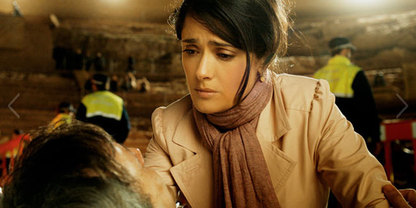 Roberto once had a promising career in advertising until the economic downturn left him jobless. With the bills stacking up, Roberto is desperate to find a job to support his family. After another interview that leads nowhere, Roberto is approaching the end of his rope until a freak accident places him at the center of a media frenzy. Alex De La Iglesia's As Luck Would Have It is an engaging farce about our media-obsessed culture in which Roberto goes from nobody to famous in a matter of seconds because of a terrible accident. For an Alex de la Iglesia film, As Luck Would Have It is stylistically tame by comparison, but its thematic intentions are extremely relevant. Before the accident happens we witness Roberto's latest failed job attempt. We see how he is viewed as next to nothing with most people not even willing to waste their time making eye contact with him. This is an exaggerated reality sure, but it's a rather truthful portrait of how one feels during job interviews. On the other hand, after his accident we see how everyone wants a piece of the pie. We see the media sensualization in full effect, using Roberto, a victim, to simply get what they want which in most cases equates to money. Roberto even goes as far as hiring an agent who negotiates Roberto's interview price, product placement, etc. Alex De La Iglesia's viewpoint in cynical in nature, with nearly every character in this film selfishly looking for their way to make the most out of Roberto's awful situation. While the film is certainly a black comedy, what surprised me the most is just how emotionally effective the film is. Roberto is a man who perceives himself as a failure to his wife and kids and the way his wife and children deal with this situation definitely resonated with me. Alex De La Iglesia's As Luck Would Have It is a film with a lot to say, commenting on family, commerce and celebrity and while some may find that the film didn't go far enough in exploring these themes it's an enjoyable romp nonetheless. 8/10
0 Comments
 Dolph Springer awakens one morning to discover that the love of his life, his dog Paul, has gone missing. Desperate to reunite with Paul, Dolph embarks on an epic journey which seems to spiral further and further into the absurd. Quentin Dupieux's Wrong is a comically absurd fantasy which effectively transports the viewer into a world which they have never seen. While I felt Quentin Dupieux' last film Rubber relied too heavily on cheap laughs and gags, Wrong achieves exactly what I was hoping for in delivering a surrealistic journey that intelligently parodies the thriller/mystery/noir genre. The one thing that almost everyone must appreciate about Quentin Dupieux's film is its ability to keep the viewer on their toes. Literally every scene, every conversation even, seems to be designed to do the opposite of what would be expected from a viewer. Wrong uses these genre tropes to great effect - many seemingly important conversations lead nowhere, the music-cues are incredibly misleading, etc. I was particularly fond of how Dupieux uses surrealism to not only capture these hilarious absurdities but also to provide glimpses of poetic truth and honestly. One of my favorite being the constant sprinklers raining down over Dolph's place of employment. Sure it's absurd, but it really does capture how many people feel at work - miserably drowning in their sorrow. The film features tons of ridiculous characters like an eccentric pet detective, a promiscuously insane pizza girl, and an enigmatic pony-tailed guru, Master Chang, played beautifully by William Fichtner. Quientin Dupieux' Wrong is certainly not a film for everyone but its originality and off-beat absurd humor are certainly something I was quite fond of. 8.25/10 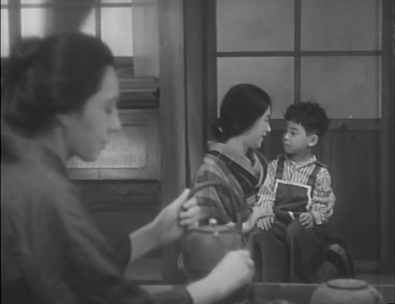 Omitsu, a barmaid and single mother, puts every morsel of her being into taking care of her young son. When her long-estranged and irresponsible husband returns unexpectedly, Omitsu is at first resistant to his arrival but ultimately reconciles with the intention of getting her shattered family whole again. With Every-Night Dreams, Naruse paints a tragic tale of poverty and strife which ultimately speaking to the strong will which one must possess to survive in a cruel world. The father is really the key to understanding Naruse's message - a man whose too much of a coward to face the challenges of life. This is established during his arrival, with Omitsu doubting his sincerity and willingness to fight for his family. Don't mistake this man's inability to cope for lack of compassion, as he is a character who fights tooth and nail to provide for his family before ultimately collapsing under the pressure. Personally I found him to be a tragic character and the reason which Omitsu is so concerned with their son's ability to grow up strong minded. All these characters are well realized in fact, with Omitsu's maternal instincts and willingness to fight for her son's well-being being an incredibly affecting storyline. Quite frankly I am ashamed that I haven't explored more of Naruse's work but with Every-Night Dreams his command of the camera is impressive. Naruse seems to always know exactly when to draw attention to key moments and emotions of the film, using close-up's, montages and occasional juxtaposition to paint this tense portrait of impoverished life. Ultimately, Every-Night Dreams is a tense, beautifully tragic melodrama about the will to survive. 8.75/10 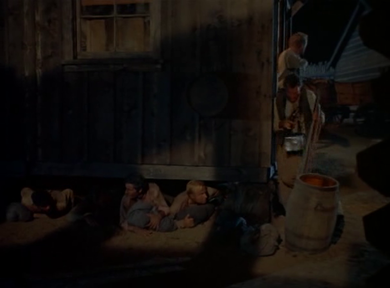 Based on true events, The Raid, tells the story of a band of Confederate soldiers who escape from a New England prison on their way to Canada. While in Canada they receive orders to rob the banks and set fire to the small town of Saint Albans in Vermont. With their Raid scheduled, Major Neal Benton goes into town undercover as a Canadian Businessman in order to get the lie of the land. With his time spent in the town he meets a beautiful widow and her son, leading the Major to serious doubts about his orders. Hugo Fregonese's The Raid is a powerful film which looks to dissect the fog of war, and in doing so paints a harrowing and poetic portrait of a man who lives the life of soldier. Van Heflin gives a powerful performance as Major Benton, a man whose soul is violently torn between his responsibility to his country and his moral compass. Many films seem to demonize the confederate soldiers but this film does a great job at reminding the viewer about the other side of this war. Major Benton is a man who witnessed his wife burned alive courtesy of the Union army and when the Major first enters town he is a man surrounded by a world in which he has grown to despise. He walks around like a normal civilian but inside he is bursting with rage every time he passes a union soldier. At one point he even comes across an auction in which he sees his fallen confederate soldiers' belongings being sold off as mere trinkets. This quiet instability early on is what makes Major Benton's transformation that much more rewarding, as the film beautifully captures how both sides are guilty of heinous offenses just like both sides are full of innocent civilians. Lee Marvin's Trigger-happy Lt. Keating, one of the men under Major Benton's command, is a character who represents the blind, vengeful nature of some men who only want to get even. Some may not relate to Major Benton's ultimate decision but with that decision the film comes full circle capturing how Benton's actions only mirror those of the men responsible for his wife's death - a soldier following orders. These blurred lines between duty and morality is what makes The Raid so fascinating and its honesty and lack of manipulation is what makes this a must see film. 9/10 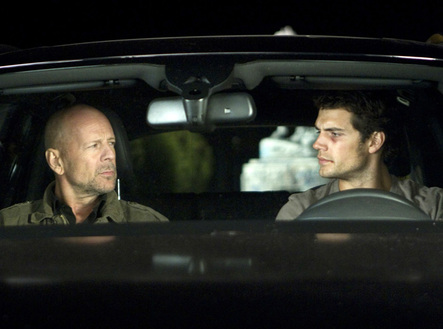 Will Shaw heads to Spain for a weeklong sailing vacation with his family. Will's family isn't exactly copacetic with Will's disciplinary father Martin always riding Will's back. Will is trying to relax but the whole vacation goes bad when the family is kidnapped by unknown men who are desperate to find this mysterious briefcase. With his family gone, Will must try his best to uncover the secrets of his dad's intelligence background and figure out the who's and why's surrounding his family's kidnapping. Mabrouk El Mechri's The Cold Light of Day is a dull thriller that borrows heavily from the first Bourne film making it feel incredibly generic and uninteresting. Henry Cavil is really poor as the lead protagonist, bringing absolutely no charm or personality to the character. Will is a character who is thrown into the fire, so to speak, but we never really get a sense of this outside of the aggressive dramatics. He just has no charisma though to be fair the film's cookie-cutter script and underdeveloped character profiles certainly could be to blame for such a bland character. The film is essentially a unintentional parable for this character who wants desperately to prove to his father that he is worth a damn. The Cold Light of Day is unable to generate any tension because of its generic and bland plot, leading to the whole ticking time-bomb aspect of the film with Will saving his family in time falling completely flat. I honestly can't think of one good reason to see this film, as everything from the script, to the performances, to the direction coming off as lazy and uninspired. 3/10  Sandy Patterson lives a modest life, working as an accountant in Denver, Colorado where he supports his wife and two children. One day Sandy discovers that his identity has been stolen by a harmless-looking woman in Miami. In an effort to save his identity, and his new job which promises financial security for his family, Sandy travels halfway across the United States to confront this woman and get his identity back. Seth Gordon's Identity Thief is a lazy comedy that relies far too heavily on its two central performers to carry the film. Jason Bateman and Melissa McCarthy are well cast in their respecitive roles and if you're a fan of either of these two, you know exactly what to expect. I personally find Melissa McCarthy's whole shtick tiresome so I really had little fun with this film outside of a few nice awkward comedic moments from Bateman. One of the most laughable aspects of Identity Thief is its sentimentalality towards Melissa McCarthy's Diana. The film wants to rationalize this character who spends her life living off of others hard work by lazily showing how she came from a broken home. The film wants us to feel sorry for this character and relate to her as a victim of circumstance but it all just comes off as terribly cliché and lazy. It's almost as if the film forgets it's a comedy towards the end getting so wrapped up in the sentimental aspect of McCarthy's character to the point of it just becoming silly. Essentially Identity Thief is like Todd Phillips's Due Date, in that it's another mean-spirited, lazy Planes, Trains and Automobiles rip-off that is full of lazy subplots that go nowhere and characters which are simply not endearing or interesting. 4/10 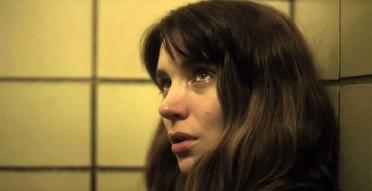 When Martin went away to prison for insider trading his wife, Emily, never stopped loving him. The day has come that Martin is finally being released and Emily and Martin can start their lives together once again. Things seem to be going well until their world begins to slowly collapse when Emily's psychiatrist prescribes her an anti-depressant drug that has unexpected sid eeffects. Steven Soderbergh's "final" film, Side Effects, is an effective and engaging thriller that once again showcases the versatility which defines Steven Sdoerbergh's career. One of my favorite aspects of Side Effects is its ability to transport the viewer into Emily's psychological state of anxiety and depression. Steven Soderbergh uses tons of soft focus, creating a blurry aesthetic which beautifully captures the fragile and warped perception on her depressive state of being. Much of the early portion of this film is from Emily's point of view and the tone and atmosphere is very cold and distant, just like how Emily feels about the world around her. Soderbergh paints a picture of a society in which not just Emily, but most of us, are dependent on prescription drugs to get by. It's subtle but we see how Dr. Jonathan Banks, her psychiatrist, takes adderal and how he prescribes medicine to his wife to ease her nerves as well. Perhaps the opening sequence of the film sums this theme up best - a slow panning camera across countless apartment buildings, one just like the next, which slowly zooms in on Emily's apartment, visually capturing how Emily is not so different than everyone else. Probably the most impressive aspect of Side Effects, outside of Rooney Mara's outstanding performance, lies in the narrative twist and turns which the film navigates. Soderbergh sets this movie up very much in a thematic "message" style yet yanks the proverbial rug out from under the viewer about halfway through the film. This commentary effectively blinds the viewer to the twists and turns of the narrative to the point where the film almost does a complete 180 on its so called message or theme. Without going into spoilers, I'm not sure Soderbergh had a clear cut message about prescription drugs, and perhaps that's the point, as Soderbergh seems to pointing more to greed as societies biggest problem. In the end it's greed that drives this narrative and I believe Soderbergh in the end wants to show that this is the main problem, not necessarily prescription drugs. Side Effects is Soderbergh's best film of the last few outings what unfolds is both an intelligent commentary and a fun, sexy and artistically done thriller that has enough juice and venom to make many fans of the genre happy. 8.25/10 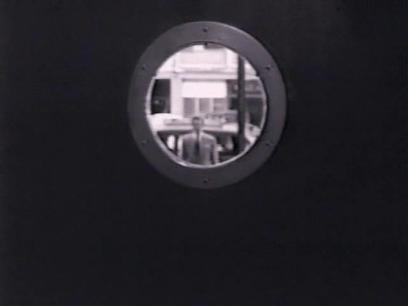 Right off the bat, Hidden Fear, is an oddity of the Noir genre being that it takes place in Copenhagen, Denmark instead of the great, U. S. of A. Unfortunately, this doesn't amount to all that much as Hidden Fear ends up being only slightly above average for the genre. John Payne stars as a detective who goes to Denmark in an attempt to clear his sister's name of murder. Of course, this leads him on a trail of counterfeiters in which mayhem ensues. Payne's character is a tough, no nonsense detective who has no bones about beating on people to get the information he seeks. The action aspects of the film are definitely the highlight, as the plot can just felt too dense and for lack of a better word, talky at times. I can't really recall a film of this time period that has fist fights on the same level, with Hidden Fear bring an intensity rarely seen for the time period. You really feel every punch and it's all choreographed and displayed extremely well for the time. The action in general is well done, with the ending car chase being exceptionally well shot, in a very fast-paced, kinetic way. Although she doesn't have much screen time, Natalie Norwic, who playsPayne's sister, is fun to watch giving this sorta off-kilter performance. In the end Hidden Fear is a decent if not spectacular film with Andre De Toth ingusing the film with enough energy through his compositions and action sequences to make this film worth seeing. 7/10 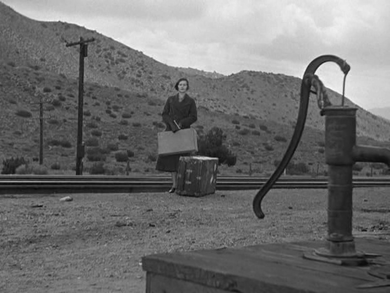 Nightclub singer Joan Gordon works at the nightclubs where she is constantly harassed by small-time hood Eddie Fields, a married man whose very insistent about his feelings for Joan. Fed up of his antics Joan decides to flee the big city of Montreal where she becomes a mail-order bride for Jim Gilson, a North Dakota country farmer. William A Wellman's The Purchase Price is a simple yet effective narrative which does a good job at capturing the notion of what Love truly means. The relationship between Joan and Jim is the heart and soul of the film with their back and forth relationship being a nice symbol of the work that goes into marriage. When Joan first arrives she has nothing but disdain for her husband, even making him sleep in another bed. As time passes, she begins to fall in love with him, leading him now being the one to question their relationship. This whole dynamic really touches on the idea of earning one's love, with the film's conclusion really doing a beautiful job at coming full circle. The other theme which the film touches on is love vs. money. Eddie is the character who represents money, a man who could give Joan anything she wants even though to him she is just another woman he wants to take to bed. On the other side is Jim, a poor farmer who offers very little to Joan but love, even if he resists her because of her initial disgust of him. Wellman treats all these characters with respect, notably Eddie, who is never portrayed in a negative light. He is a bit of sleazebag, being married and all, but I never felt Joan was in danger around him. William Wellman's The Purchase Price is a very simplistic narrative and while not one of his best it still has a lot going for it. 7.5/10 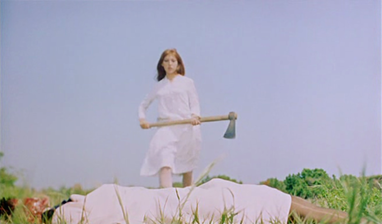 Ciro and Dora, a young couple, are eating food at a diner when they learn of a plague which has begin to ravage the populace of the world. The couple heads to the coast where they take refutre in a large home on the beach. In an effort to pass time the couple turns their house into a museum of sorts where they display cultural relics from the days before the plague. As time passes Ciro becomes increasingly fixated on his perceived duty to repopulate the planet but faces resistance from Dora, who has no desire to bring a child into a dying world. When another woman arrives more than willing to procreate with Ciro, Dora takes desperate measures to make sure this doesn't happen. Marco Ferreri's surreal post-apocalyptic thriller is a challenging piece of filmmaking that is a cynical viewpoint on humanity. The sci-fi angle is just used as a device, as Marco Ferreri shows the incredible links in which these two characters go through to simply get their way. These are characters who are supposed to love each other yet Ciro goes through incredible lengths to get what he wants - a child. The arrival of the other woman and the fght tot he death with Dora captures the dog-eat-dog view which Ferreri has of humanity. Not that I am an expert by any means but Ferreri's films always seem to be rather ubiquitous in that they are full of metaphors and symbolism but with The Seed of Man I was just left rather unimpressed. The film just felt meandering with the symbolism being too obvious. Not that it's a huge critique but The Seed of Man could have also been much shorter given the end result of its message. Marco Ferreri's The Seed of Man is certainly a challenging piece of filmmaking and while I appreciate it's cerebral approach, It doesn't seem very deep outside the rather typical cynical viewpoint on humankind's inhumanity. 6.75/10 |
AuthorLove of all things cinema brought me here. Archives
June 2023
|
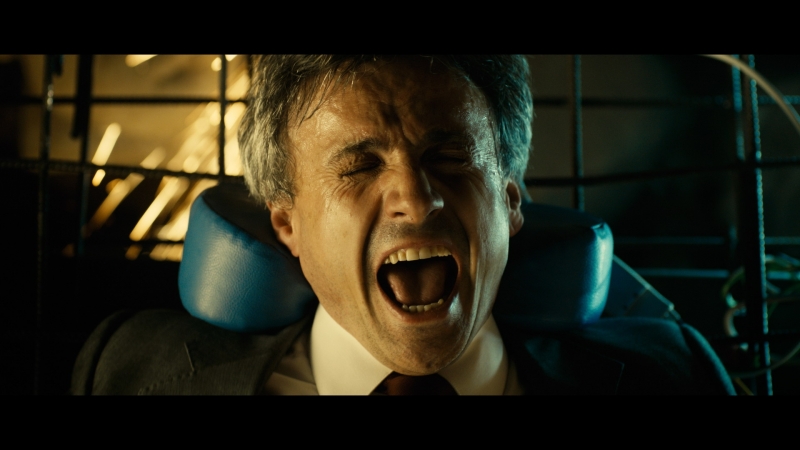
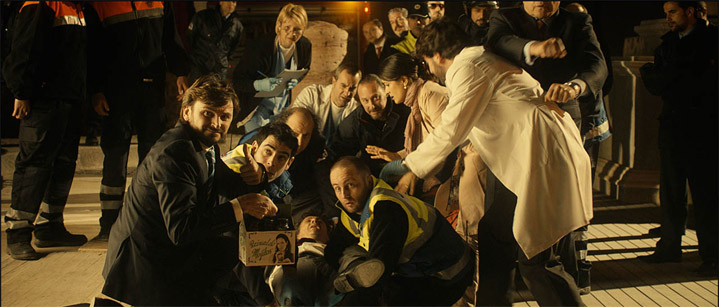
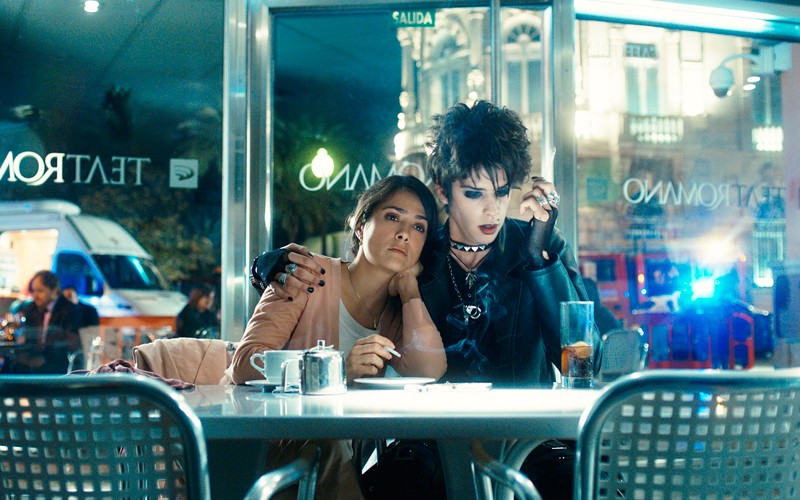
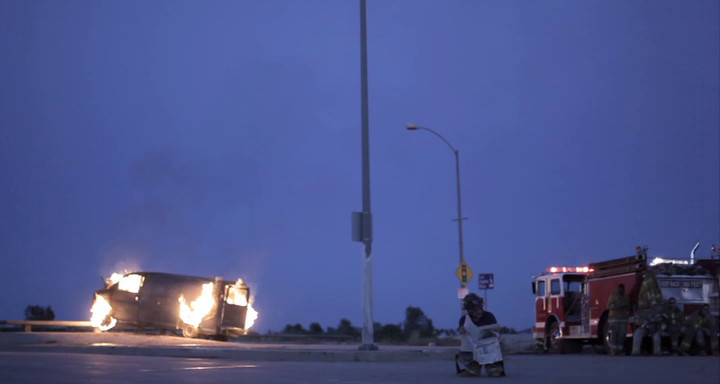
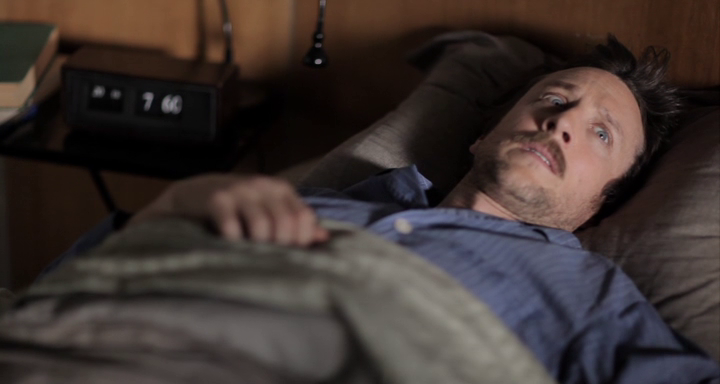

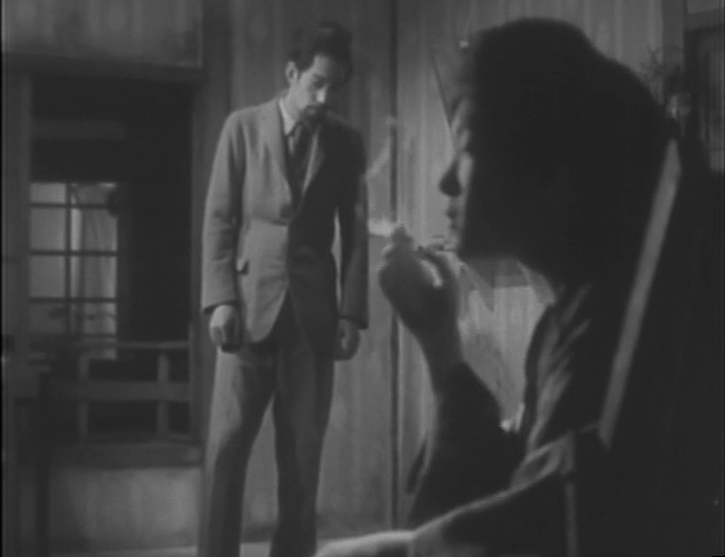
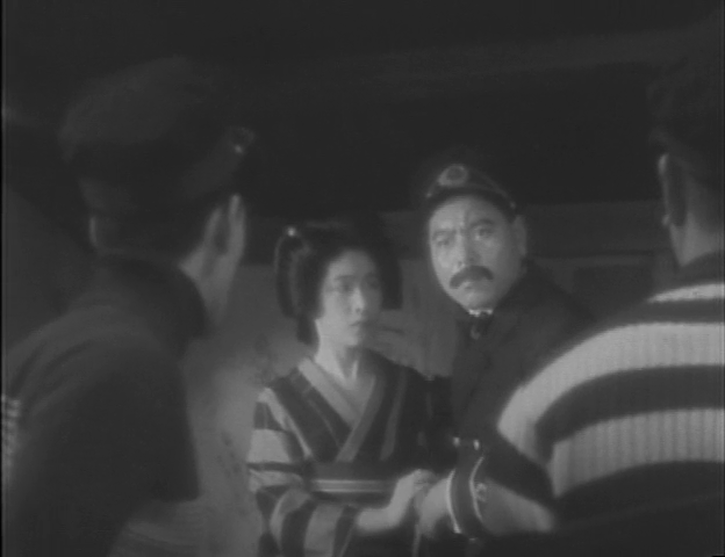
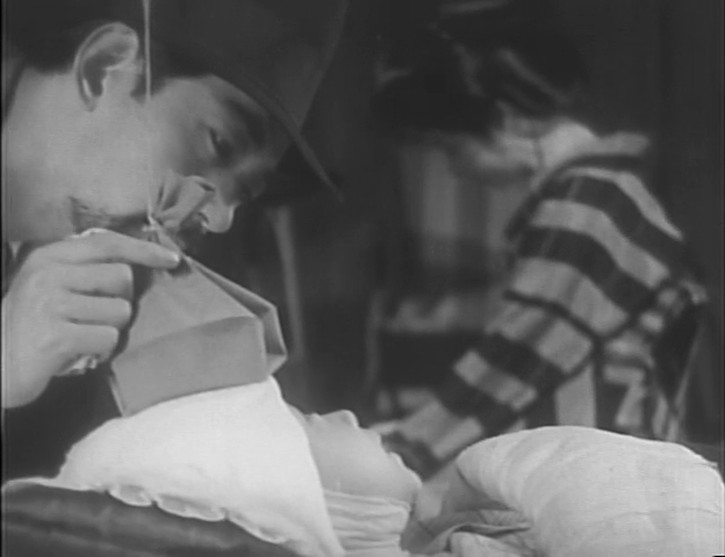
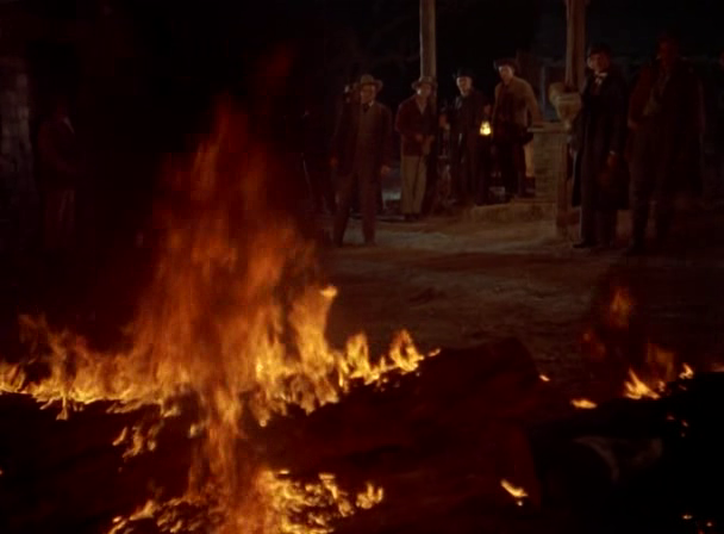
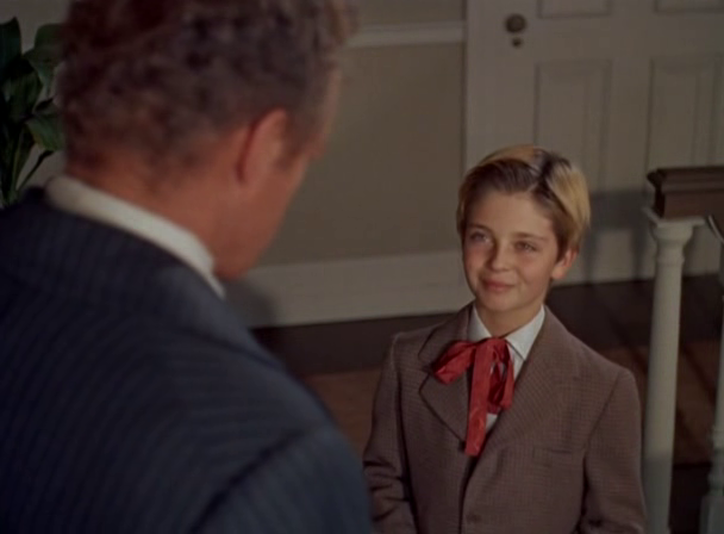
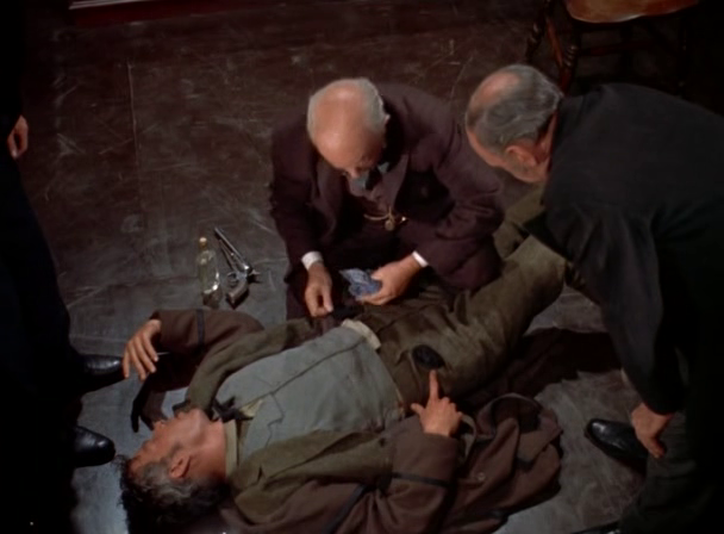
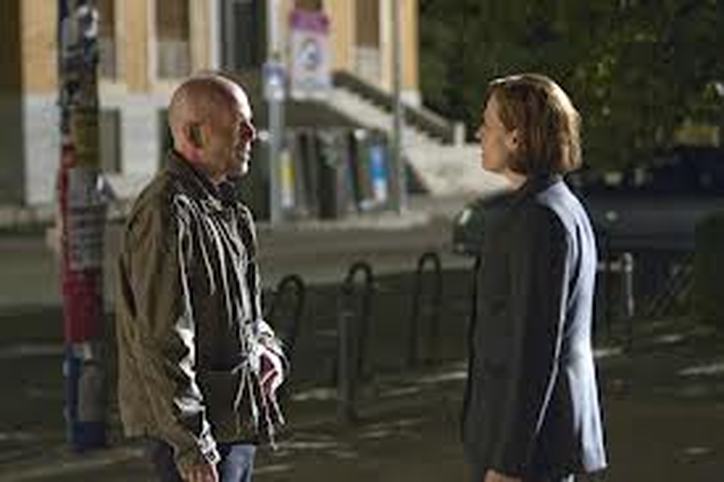
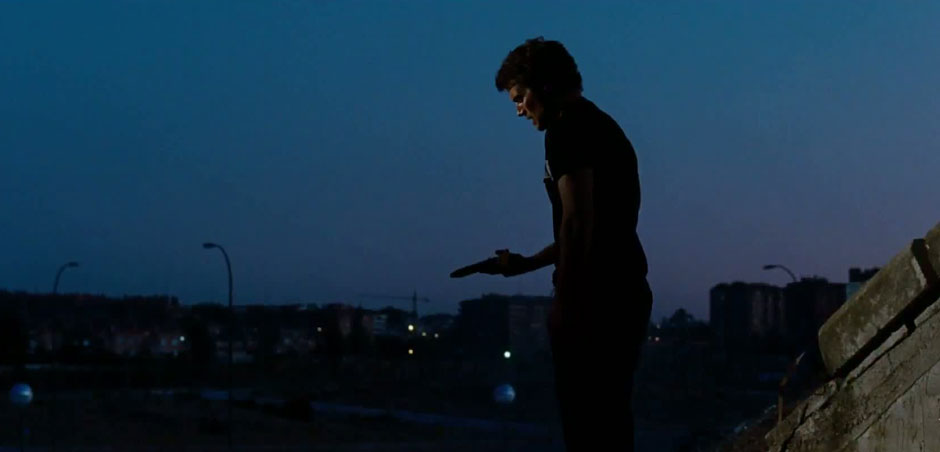
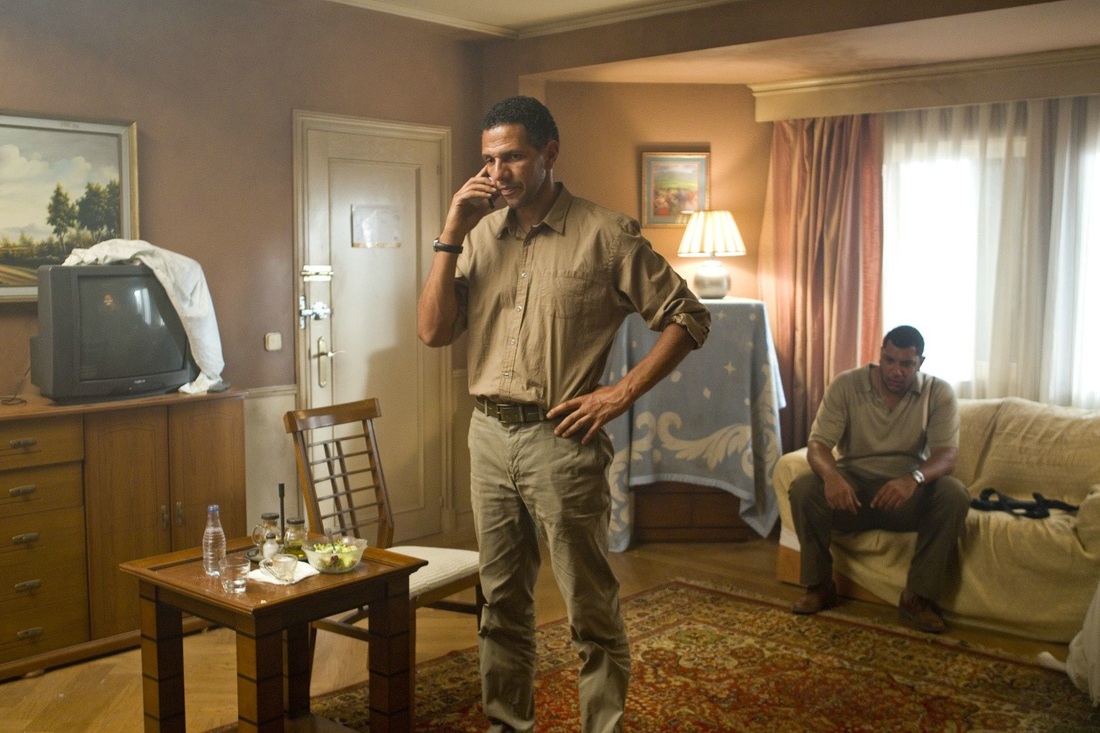
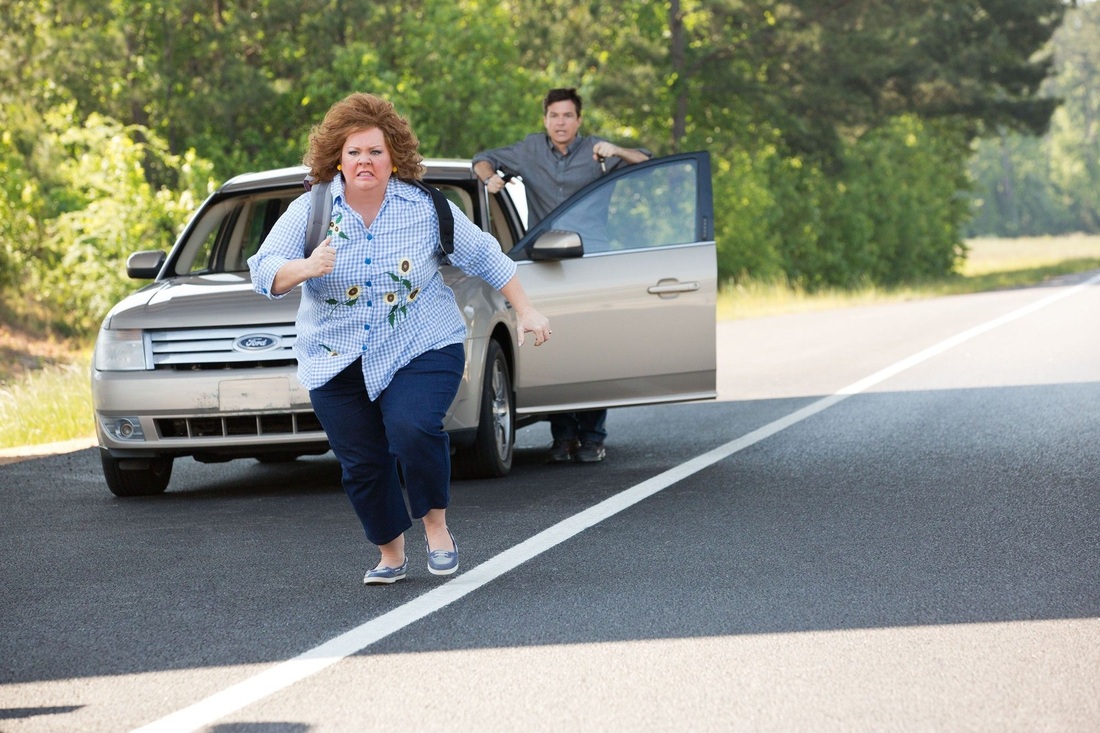

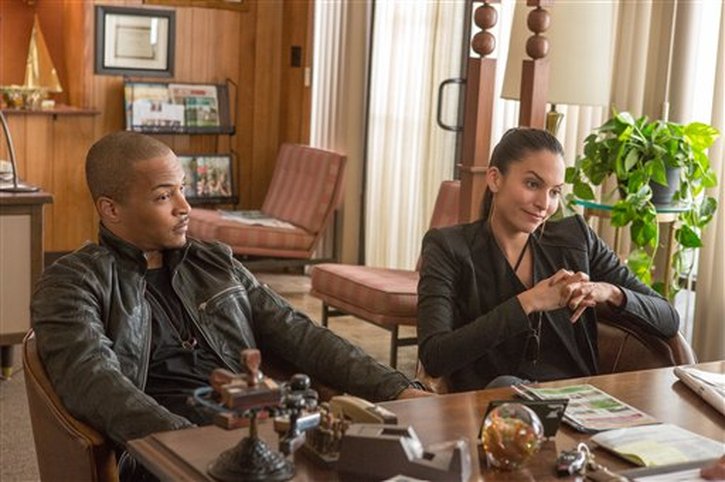
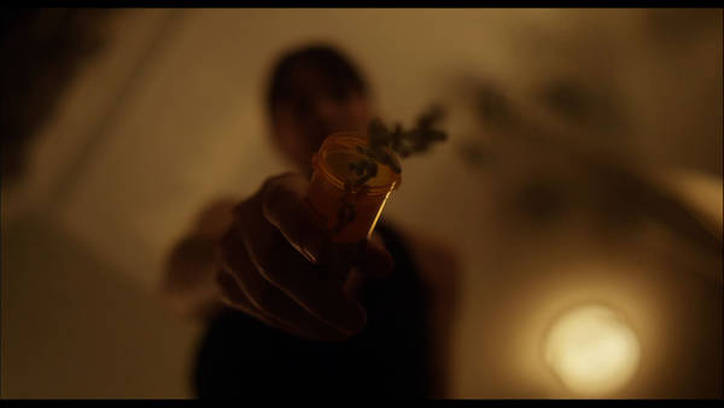
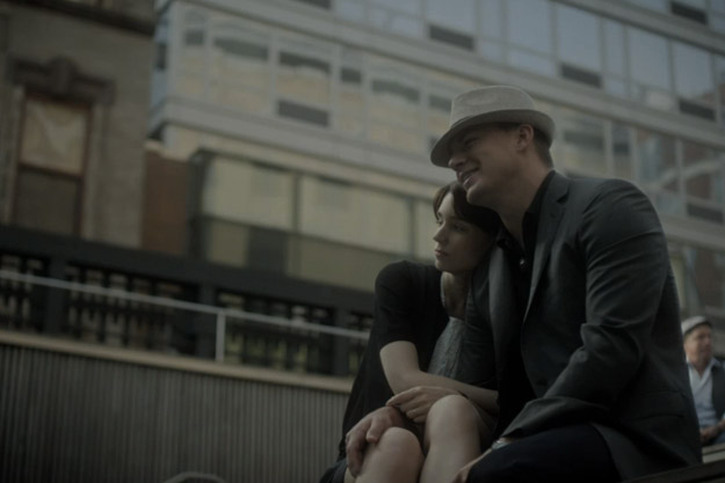
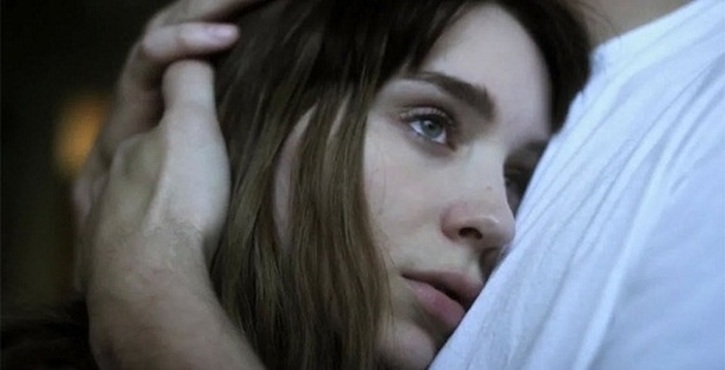
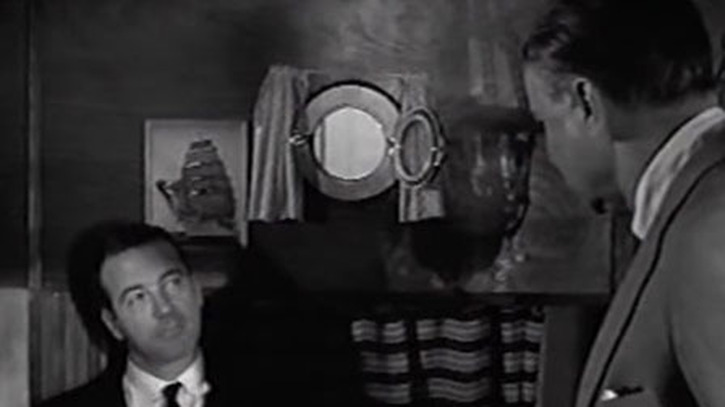
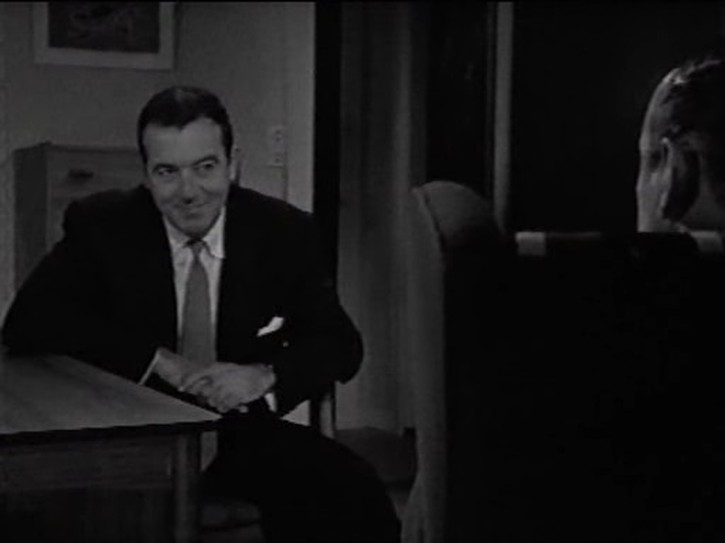
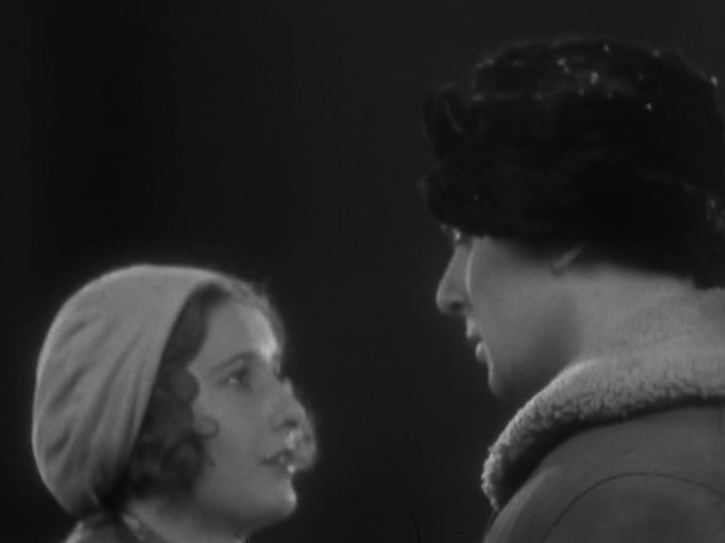
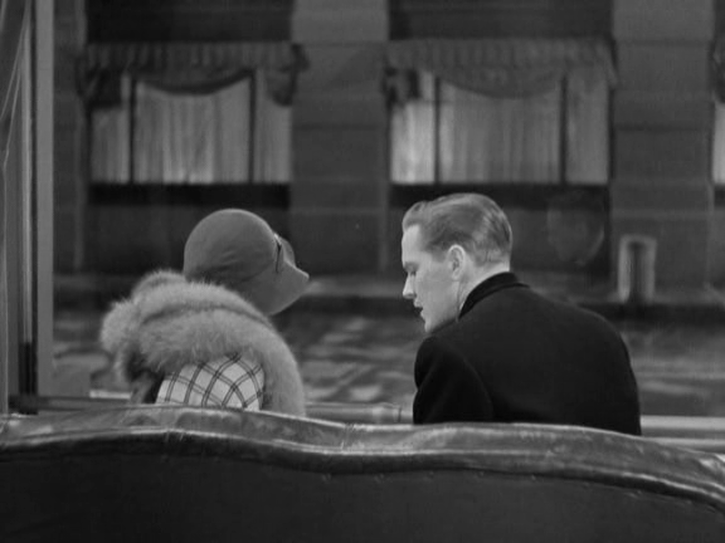
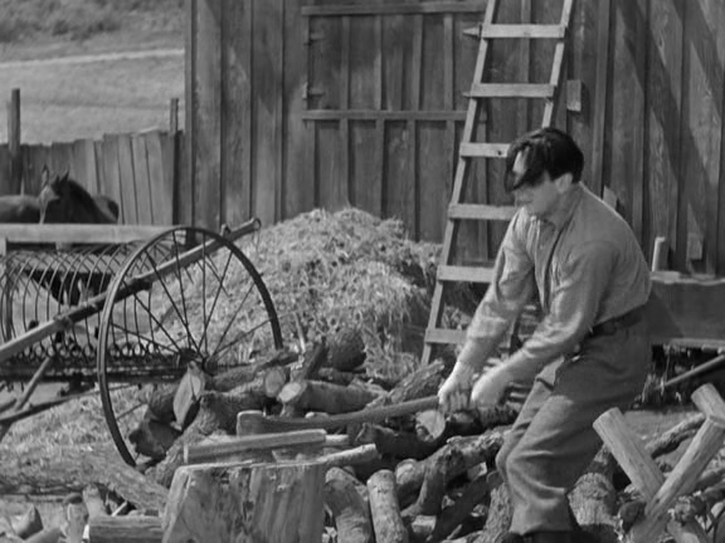
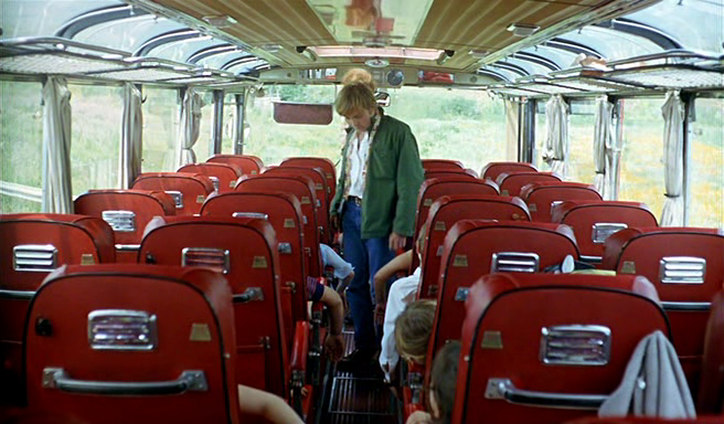
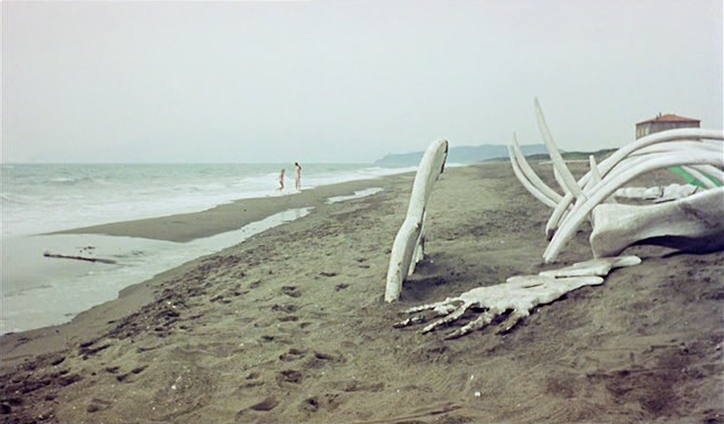
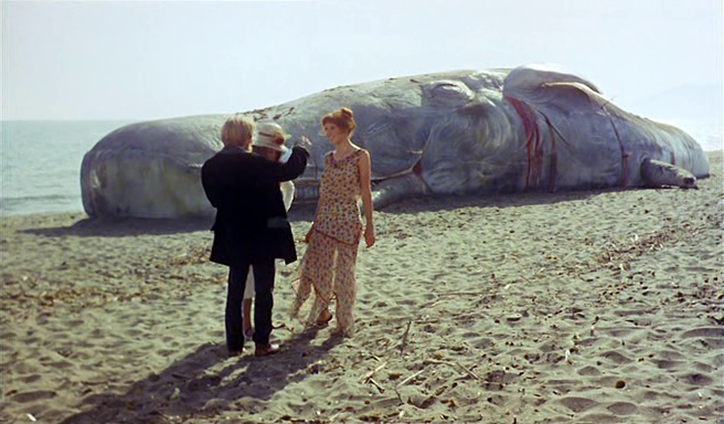
 RSS Feed
RSS Feed
